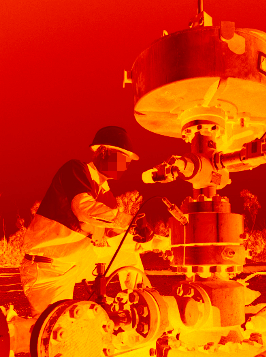CSG worries studied
 Experts have assessed the level of community concern about coal seam gas in Queensland.
Experts have assessed the level of community concern about coal seam gas in Queensland.
Research from the University of Queensland has revealed the key concerns local residents have on the impact of coal seam gas (CSG) developments in their area.
The study was based on interviews, focus groups and workshops in three local government areas in regional Queensland, and found that people are concerned about their social and community networks, broader socio-economic, cultural and environmental conditions, and individual lifestyle factors such as drug taking, alcohol and anti-social behaviour.
The number of CSG developments continues to increase in Queensland and a better understanding of their impact may inform health service planning in regions affected by CSG development and provide the mining sector in Queensland with evidence from which to develop social responsibility programs that more accurately reflect the needs of the community.
Specific concerns raised by people within the local communities in regions with CSG developments included:
- an increase in fast food outlets and liquor stores to cater for the CSG workforce having a negative impact on the health of the local community
- an increased demand on public services and unemployment following the ‘boom’ period
- workers with expendable living in the area temporarily were associated with anti-social behaviour in the community
- the environmental effects of drilling and mining on the local water supply and fishing
- the increased noise pollution and traffic caused by an influx of workers
- an increase in shift workers and the impact this has on people’s mental health (shift workers often feel more isolated and struggle to integrate into a community)
- an increase in drug taking and alcohol abuse which were linked to increases in local crime.
The study only covered negative impacts, and so the list of concerns should be taken in context with the positive contributions made by CSG developments.








 Print
Print